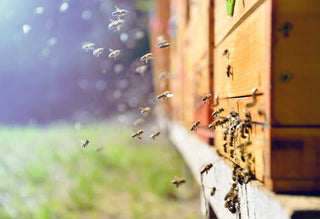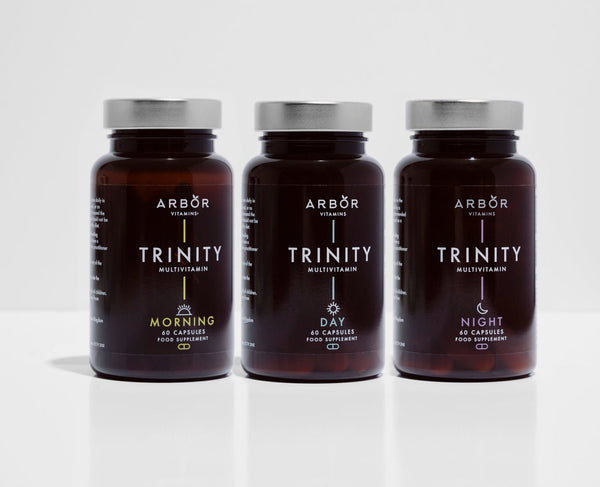The presence of agricultural contaminants in consumable products remains a poignant concern for scientists, environmentalists, and the public. One such prominent contaminant, glyphosate, has generated a plethora of debates, research endeavours, and public outcry in recent years. This article delves into the intricacies of glyphosate contamination in honey, the potential risks it poses, and the actionable steps that consumers and producers can take to ensure safety.
1. Glyphosate: A Brief Overview
Glyphosate, the active ingredient in many herbicides, such as Roundup, has been utilised extensively in modern agriculture. Its mechanism of action revolves around the inhibition of the 5-enolpyruvylshikimate-3-phosphate (EPSP) synthase enzyme, disrupting the shikimate pathway in plants and leading to their death.
2. The Contamination Pathway
So, how does this herbicide find its way into honey? Bees, those industrious pollinators, play an inadvertent role. When they forage for nectar in areas where glyphosate has been sprayed, they inadvertently collect and transfer the herbicide residues back to their hives, resulting in contaminated honey.
Learn More: Foods High in Molybdenum
3. Potential Health Implications
Although glyphosate has been touted for its safety profile in many regulatory assessments, emerging research underscores potential risks:
Gut Microbiome Disruption
The shikimate pathway, while absent in humans, is present in several bacteria, including beneficial gut microbiota. Some studies suggest glyphosate may disrupt this microbial community, potentially leading to digestive issues.
Endocrine Disruption
Some in-vitro studies on human cells have indicated that glyphosate might act as an endocrine disruptor, even at lower concentrations.
Genotoxicity and Carcinogenicity
While contentious, some research, including a notable IARC assessment, has flagged glyphosate as a potential carcinogen. The mechanism may involve oxidative stress and genotoxic effects.
Neurological Effects
Preliminary studies have also investigated glyphosate's potential neurotoxic effects, although consensus remains elusive.
4. Honey Safety and Quality Concerns
The presence of glyphosate in honey not only has potential health implications but also signifies the broader issue of declining honey quality. Moreover, the intricate dance between glyphosate residues and honey's natural constituents is not yet fully understood. Could glyphosate impact honey's antioxidative properties? Or its intricate bouquet of flavours? These questions warrant rigorous, objective scrutiny.
5. How to Minimise Harm
For consumers and producers who are concerned about the presence of glyphosate in honey, there are several proactive measures:
-
Opt for Organic: Organic beekeeping, which prohibits the use of synthetic herbicides, is one of the best ways to ensure glyphosate-free honey. Consumers should look for certified organic labels.
-
Know Your Beekeeper: Local, small-scale beekeepers may follow more sustainable practices. Engaging in a dialogue about their farming practices can be enlightening.
-
Home Testing Kits: Several companies now offer home testing kits for glyphosate. While they don't replace rigorous laboratory tests, they can provide an initial screening.
-
Advocate for Stricter Regulations: Lobbying for tighter controls on herbicide use, especially near beekeeping areas, can mitigate the risk of contamination.
-
Diversify Pollination Sites: For beekeepers, diversifying the sites where bees forage, ideally away from monocultures and GMO fields, can reduce exposure.
6. The Path Forward
The glyphosate-honey conundrum embodies the broader challenge of modern agriculture's intersection with environmental health. As research elucidates the full spectrum of glyphosate's environmental and health impacts, proactive measures and informed choices become paramount.
As we stand at this nexus, the responsibility falls upon both producers and consumers. Beekeepers can adopt sustainable practices, and consumers can vote with their wallets, opting for quality, organic produce. The journey towards pure, uncontaminated honey underscores the broader movement towards a sustainable, health-centric food ecosystem.
More information on the risks of Glyphosate can be found at: drugwatch.com/roundup/glyphosate/.
More information on the alternatives to Glyphosate in gardening practices can be found at drugwatch.com/roundup/alternatives/










